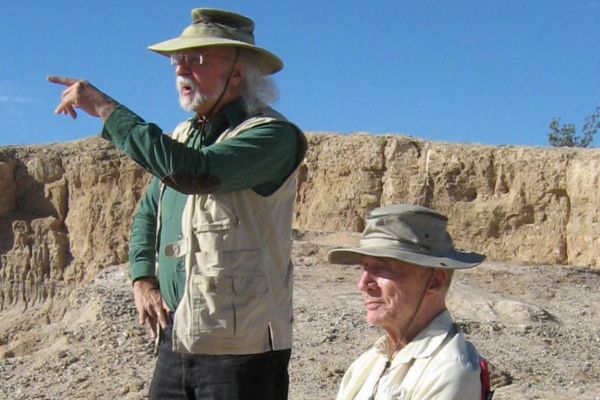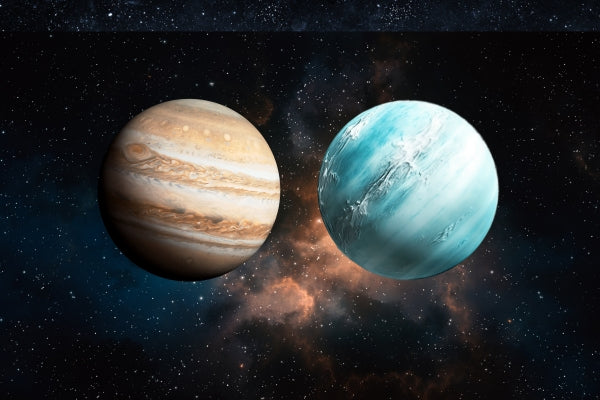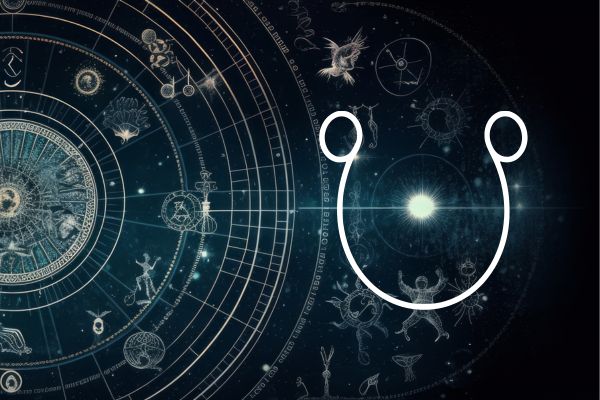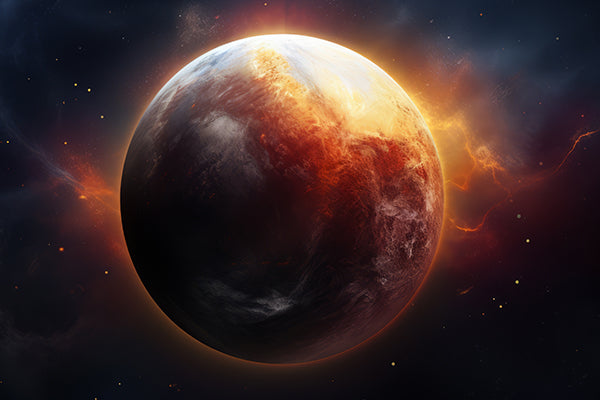Blog
-
When I was sixty-one years old, I met one of the two or three wisest human beings I have ever encountered. His name was Robert A. Johnson. Our relationship had an enormous impact on me, one whose effects and treasures I am still sorting out fourteen years down the road. Astrology helps!
At age eleven, Robert lost a leg when he was hit by a car. He told me that his childhood ended that day.
The year I was born – 1949 – he was in Zurich, Switzerland, studying psychology with Carl Jung and in analysis with Jung’s wife, Emma.
He was the author of many books in a Jungian psychology vein, three million of which were sold. Most of them were on my bookshelf years before I met him. They never got dusty.
-
None of what follows is medical advice. In fact, I believe that as medical advice it is mostly incorrect or, at best, misleading. But it’s still a true story . . .
When I was born, the doctor told my mother that she had a B-vitamin deficiency and that it was probably exacerbated by the fact that she was breastfeeding me. To correct the problem, he recommended that she drink a pint of Guinness Stout every day. It’s true that Guinness Stout contains Folate, which is a B vitamin necessary for the production of some of our genetic materials. The trouble with the theory is that a pint of the stuff provides only 3.2% of our necessary daily dose, which means we’d need to drink thirty beers per day to stay healthy – the devil is in the details, in other words.
Mom followed the doctor’s orders, which was no hardship for her. And, since I was breastfeeding, naturally that meant that I was following them too, albeit in second-hand fashion. Before I was three months old, I had drunk a lot of Guinness Stout via my mother. Without knowing it, I suspect I had quietly qualified for Irish citizenship.
-
I doubt there’s an astrology fan anywhere in the world who doesn’t realize that Jupiter and Uranus will form a conjunction on April 20. The Internet is abuzz with it and well it should be – this event is a big deal, even though it’s not a terribly rare one. With Jupiter’s quick 12 year orbit and Uranus’s slow-boat 84 year orbit, Jupiter catches up about every 14 years. Still, this conjunction is a powerful force, always guaranteed to leave its mark on the world. It’ll leave its mark on your life too, especially if you have any kind of astrological sensitivity to 21 degrees of Taurus, which is where these two giant planets line up this time. That sensitivity of course includes any aspects that part of Taurus makes to the rest of your chart. In other words, if your Sun or Moon are in 21 degrees of Scorpio, Leo, or Aquarius, this conjunction has your name on it in a big way. And no matter what your chart looks like, we’ll all be feeling it in terms of the house it falls in and any other aspects it happens to form with your natal planets.
As you explore what the astrological community is saying about the Jupiter-Uranus alignment, you’ll encounter a lot of ideas about what it means for the world as a whole. As many of you know, that’s called Mundane astrology. I remember as a teenager seeing that word for the first time and thinking it must mean boring astrology – and I have to say, my early reading experiences in the field often backed up that misinterpretation! But of course the term is based on the Romance language words for “the world” – mondo, mundo, or monde, depending on where you’re doing your listening. I have to say that at the Mundane level, the Jupiter-Uranus conjunction is incredibly powerful. It always leaves its fingerprints on the headlines.
-
Getting older is a weird business. I’m quite aware that some of you readers and listeners might have no idea who Monty Python was and in fact some of you may even think he was one person. They were actually six Englishmen who formed a hugely successful comedy troupe back in 1969. It’s been said that they did for comedy what the Beatles did for music – and, give an old guy a break, you’ve all heard of the Beatles, right?
In any case, before I go any further, let me reassure you that this newsletter will be about astrology – in fact a very serious branch of astrology. It won’t just be me strolling down memory lane.
Please indulge me for a moment though. It’s December 1969. I’m twenty years old and watching TV with my parents, who were actually pretty cool. Python comes on doing a skit about a man returning a dead parrot to a pet shop. A hilarious argument ensues about whether the bird is actually dead or not, when it quite obviously is. I have tears of laughter running down my cheeks, while my parents are baffled – and probably concerned about my mental health.
-
What if, right before our eyes, something far beyond human intelligence and even human intention is working to forge a survival strategy for the planet? I’d be the first to admit those words sound like wishful thinking. Watch me prove them to you.
As we contemplate Pluto’s in-and-out entry into Aquarius this year, the Internet is dishing up a smorgasbord of predictions ranging from a progressive optimist’s wet dream down to a post-Apocalyptic landscape of extinction nightmares. I believe that either of those visions, and much lies in between, could potentially come to pass. Consciousness interacts unpredictably with a wide field of probabilities and possibilities. One of them will surely happen. Which one? The point is that you are not an inert ingredient in that question. We don’t need to chew our fingernails and hope for the best, but rather to keep our eyes and hearts focussed on the higher ground and how to get there.
We all know what to wish for: world peace, justice for all, a sustainable environment, and so on. I agree, but I'm not going to harp on those obvious things. You already know them. Let’s go a little deeper into the real astrological mysteries here.





